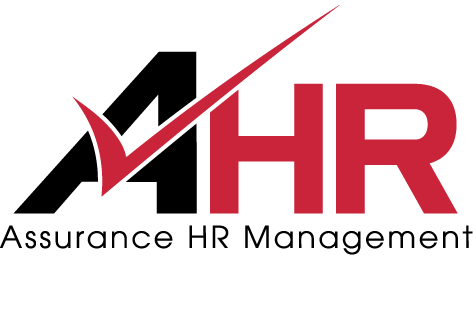How to Conduct a Telephone Reference Check When Recruiting
Hiring the right worker is one of the most important decisions a business can make. A strong interview might indicate a great candidate, but reference checks provide crucial insights into their past performance, reliability, and work ethic. A well-conducted telephone reference check can confirm your impressions—or raise red flags before you make an offer.
Here’s how to conduct an effective telephone reference check when recruiting for your business.
1. Get Permission First
Before contacting any references, always obtain the candidate’s permission. In most cases, candidates provide references as part of their application, but it’s good practice to confirm they are comfortable with you reaching out.
Tip: Ask the candidate for references who were direct supervisors rather than colleagues or friends, as they can provide a more accurate assessment of performance.
2. Prepare Your Questions
A structured approach ensures you gather consistent, useful information. Avoid generic questions like “Were they a good worker?” Instead, ask specific, behaviour-based questions that align with the role.
Key Questions to Ask
- Employment Verification:
-
- What was the candidate’s job title, responsibilities, and employment dates?
- Were they employed full-time, part-time, or casually?
- Performance and Skills:
- How would you describe their overall performance in the role?
- Can you provide an example of a task or project they handled well?
- How did they handle challenges or difficult situations?
- Work Ethic & Behaviour:
- Were they punctual and reliable?
- How did they work with colleagues and supervisors?
- Did they require close supervision, or were they self-motivated?
- Strengths and weaknesses:
- What are their key strengths?
- Are there any areas where they could improve?
- Reason for Leaving & Rehire Potential:
- Why did they leave the company?
- Would you rehire them? Why or why not?
Tip: Avoid questions related to personal details such as age, family status, or health, as these can be legally sensitive areas.
3. Keep It Professional & Confidential
When calling a reference, introduce yourself and explain why you’re calling. Be clear that the conversation is confidential and ensure you’re speaking to the right person.
Example Introduction:
“Hi [Reference’s Name], my name is [Your Name], and I’m calling from [Your Business Name]. [Candidate’s Name] has applied for a role with us and listed you as a reference. Do you have a few minutes to answer some questions about their time working with you?”
If the reference seems reluctant, reassure them that their feedback will remain confidential and that you’re simply gathering insights to assess the candidate’s suitability.
4. Listen for Red Flags
While most references will be professional, pay attention to hesitation, vague responses, or overly general feedback. These could indicate performance issues the reference is hesitant to disclose.
Red Flags to Watch For:
- Lack of specifics: If a reference can’t provide concrete examples of the candidate’s work, they may not have been particularly memorable or impressive.
- Overly short answers: A reluctance to elaborate could indicate underlying concerns.
- A pattern of negative feedback: One negative comment might not be a dealbreaker, but consistent concerns across references should be taken seriously.
If you receive mixed feedback from references, consider asking follow-up questions or requesting additional references from the candidate.
5. Take Notes and Compare Feedback
Document each conversation and compare feedback across references. Look for consistent strengths and weaknesses to help you make an informed hiring decision.
Example Notes Template:
| Question | Reference #1 | Reference #2 | Reference #3 |
| Job Title & Dates | Matches resume | Matches resume | Matches resume |
| Strengths | Strong communication, reliable | Great with customers, problem-solver | Team player, highly motivated |
| Areas for Improvement | Time management | Attention to detail | Conflict resolution skills |
| Rehire? | Yes | Yes, with reservations | No, struggled with deadlines |
This structured approach allows you to spot trends, weigh the feedback, and decide if the candidate is the right fit for your business.
Final Thoughts
A telephone reference check is a valuable tool in the recruitment process. It can confirm a candidate’s suitability, highlight potential concerns, and help you make a confident hiring decision.
By asking the right questions, maintaining professionalism, and looking for patterns in feedback, you can ensure you’re bringing the best workers into your business.
Need help with recruitment or other HR matters? Assurance HR is here to support your business with expert advice on hiring, compliance, and workplace solutions. Get in touch with us today!










